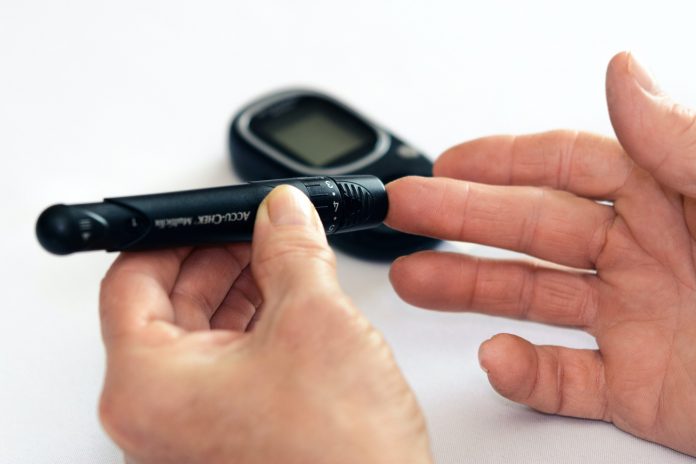World Diabetes Day (14 November 2021) marked 100 years of insulin, which is said to be one of the most important discoveries in medical history that changed the lives of those living with diabetes.
According to Diabetes Australia, there are currently 1.8 million Australians living with diabetes, with the condition said to be the fastest-growing chronic disease.
It’s also said that of the 1.8 million Australians who have diabetes, 1.4 million use insulin each day to control their diabetes and prevent complications such as cardiovascular disease.
Australians with type 1 diabetes actively use insulin daily, along with two out of three Australians who have type 2 diabetes.
Since the discovery of insulin in 1921, each new understanding and medical innovation is said to have brought fresh hope of a full and healthy life to those living with diabetes.
In fact, it’s said that before the development of insulin, children with type 1 diabetes often, unfortunately, didn’t live past their fifth birthday.
The arrival of insulin and its evolution from poorly refined extracts of animal tissue to the precisely controlled human analogues we have today has saved millions of lives globally.
“There have been generational leaps in insulin innovation in our lifetime. It is a remarkable life-saving treatment, but despite its astounding role, hesitancy in starting insulin remains, particularly with Type 2 diabetes,” says Associate Professor Sof Andrikopoulos, Head of the Australian Diabetes Society and University of Melbourne researcher.
“Insulin is now extremely advanced and needs to be viewed as a critical tool in managing diabetes – a positive way to step on the front foot and not a last resort or failure.
“As we mark insulin’s 100th anniversary during this pandemic – it’s also important we consider the broader needs of the diabetes community, actively supporting them to manage their condition more effectively but also addressing the ongoing stigma associated with it.”
Endocrinologist Associate Professor Sarah Glastras from the Northern Sydney Endocrine Centre, St Leonards adds: “This World Diabetes Day, I encourage the community to reconsider their views and attitudes towards diabetes.
“A person with diabetes does not choose to have diabetes. We can be thankful that year on year, the medical field comes out with new treatment options to help manage and fight diabetes.
“The fight must be on multiple fronts and as a community, we have an important role to play in showing understanding and consideration to people living with diabetes,” she says.
For more information about diabetes and managing this chronic condition, visit: diabeteswhatsnext.com/au/en.html or diabetesaustralia.com.au









